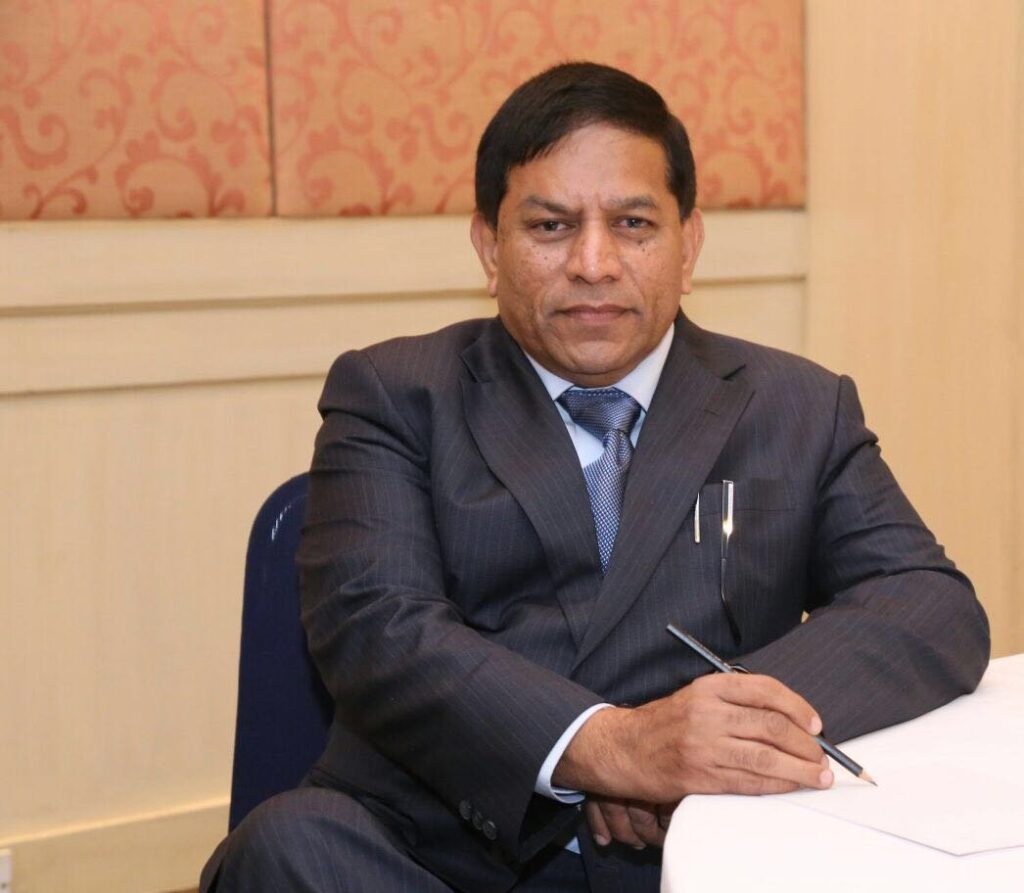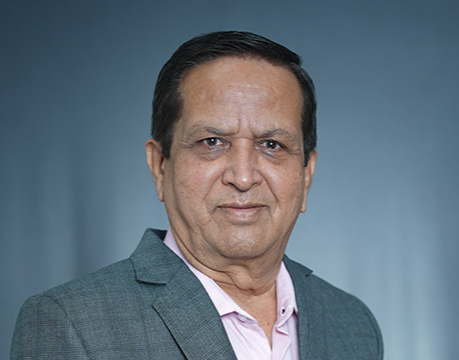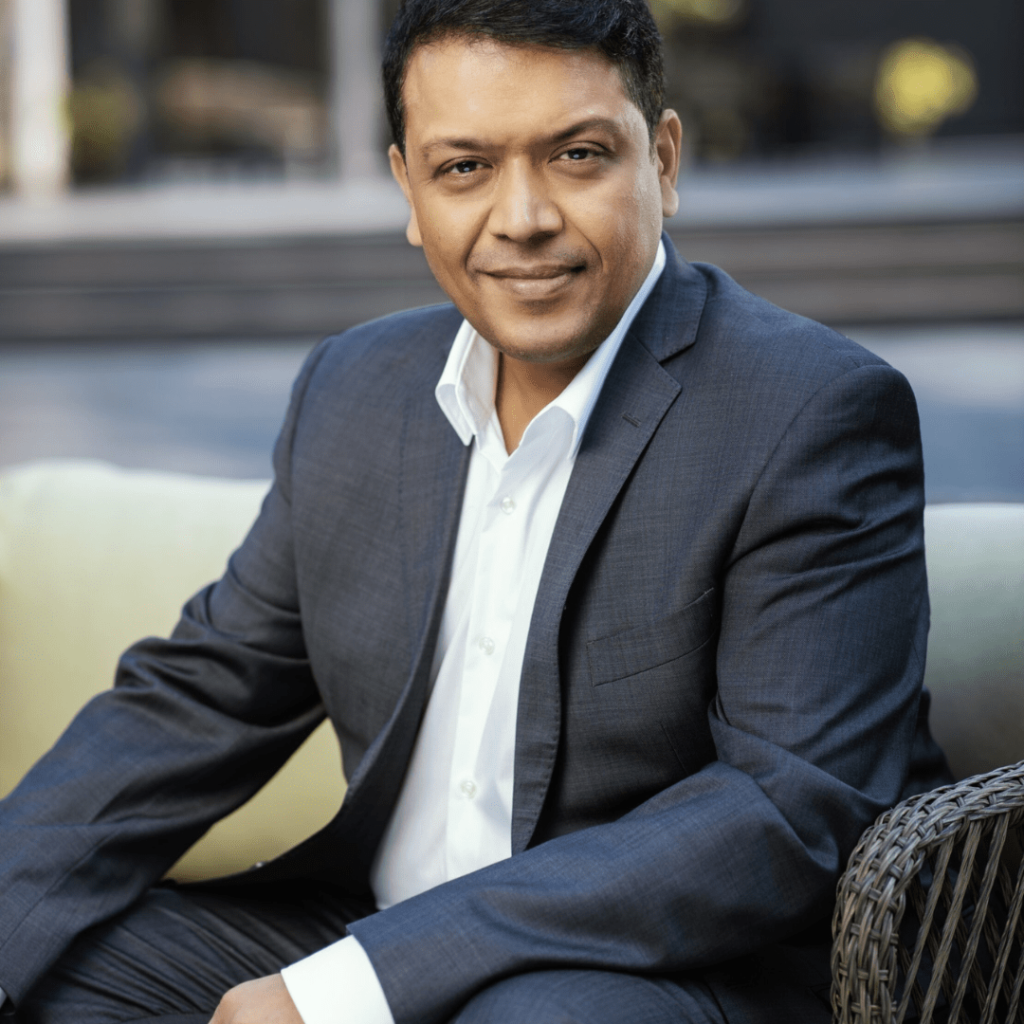Mr. Shantilal Kataria
Overview of Pune’s Land Development: Past, Present, and Future- By Mr Shantilal Kataria, MD of Aditya Builder (Governing Council Member – Credai National) Pune, one of India’s oldest cities with a rich history dating back to the 8th century, has undergone significant land development over the years. Initially, Pune served as an agricultural and trading hub, with its focus on constructing temples, forts, and other structures that contributed to its cultural and economic growth. In recent times, Pune has emerged as one of the fastest-growing cities in India, attracting numerous IT and manufacturing companies. This growth has led to substantial land development, encompassing residential and commercial projects, infrastructure improvements, and transportation networks. Among the notable projects in Pune are the Pune Metro, the Mumbai-Pune Expressway, the upcoming Ring Road, and several smart city initiatives. Locations like Baner, Balewadi, Mundhawa, Kharadi, and PCMC are becoming new commercial hubs, with reports of major IT companies relocating to these areas. The increasing demand for commercial spaces reflects the city’s expanding economic potential. Looking ahead, Pune’s land development is expected to continue at a rapid pace. The city’s administration is actively working towards developing sustainable and eco-friendly infrastructure and transportation systems while promoting smart city initiatives. Efforts to enhance the quality of life for residents are also underway. Some of the upcoming projects in Pune include the Pune Ring Road, the Pune International Airport, and the Pune-Bangalore Industrial Corridor. Furthermore, the city anticipates the development of new residential and commercial projects, as well as expansions of existing ones. Notably, there have been discussions regarding the potential presence of renowned MNCs such as Google and Microsoft in Pune, further solidifying its position as a prominent city in India and a global economic powerhouse. Now, addressing the specific questions: The method for consummating land deals in Pune can vary based on the transaction and market conditions. It may involve fixed price sales per square foot or saleable FSI (floor space index) models where developers pay for the right to build a specific floor space on the land. Developers’ margins can be influenced by various factors, including competition, market demand, and the costs of construction materials and labor. The flooding of FSI due to the effect of UDCPR (Urban Development Control and Promotion Regulations) could potentially impact the residential market by increasing the supply of available units. This could lead to increased affordability for homebuyers if developers pass on the savings from higher FSI to consumers. The impact on commercial leasing would depend on the specific market and demand for commercial space in the respective area. The preference for buy versus joint ventures in Pune depends on individual investors or developers’ goals and risk tolerance. The buy strategy offers more control over the development process but carries higher risk. On the other hand, joint ventures can provide access to capital and expertise from multiple parties but require compromise in decision-making. Purchasing ready commercial assets, forward purchases, and core assets in Pune can all be viable strategies depending on the investor’s goals and risk tolerance. Each strategy has its own benefits and drawbacks, and the decision should be based on thorough analysis of market conditions and the specific asset in question. Long-term rental yields in Pune will depend on market conditions, supply and demand dynamics, rental rates, and inflation. Making an accurate prediction without analyzing current market data would be challenging. The future of Pune’s real estate market hinges on various factors, including economic growth, population trends, and infrastructure development. Preferred micro markets for office and residential property development will depend on the specific demand and supply dynamics in those areas, which are subject to evolution over time. Pune City is having now global importance. Pune is blessed with multiple growth engines like climate, ample soft water, fields of Education, automobile, I.T, medical. Service Sector, electronic, agro. This givens boost to ample/ huge employment generation leading to growth of real estate sector. The decision on where to buy land next for development in Pune depends on factors such as market conditions, competition, and investor goals. Analyzing these.
Mr. Shantilal Kataria Read More »








